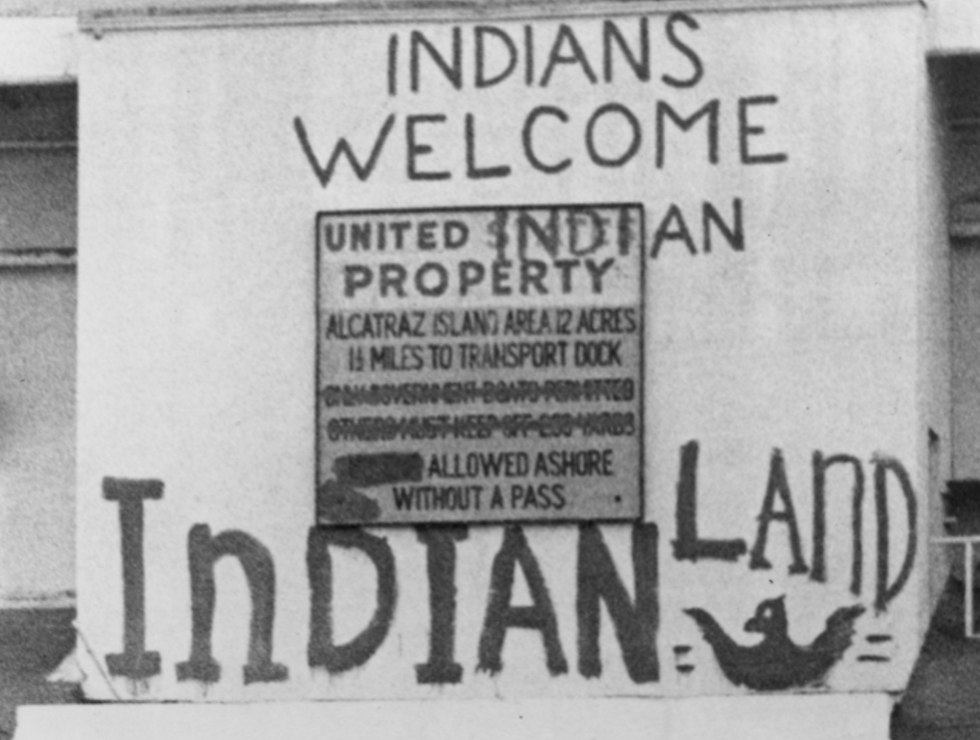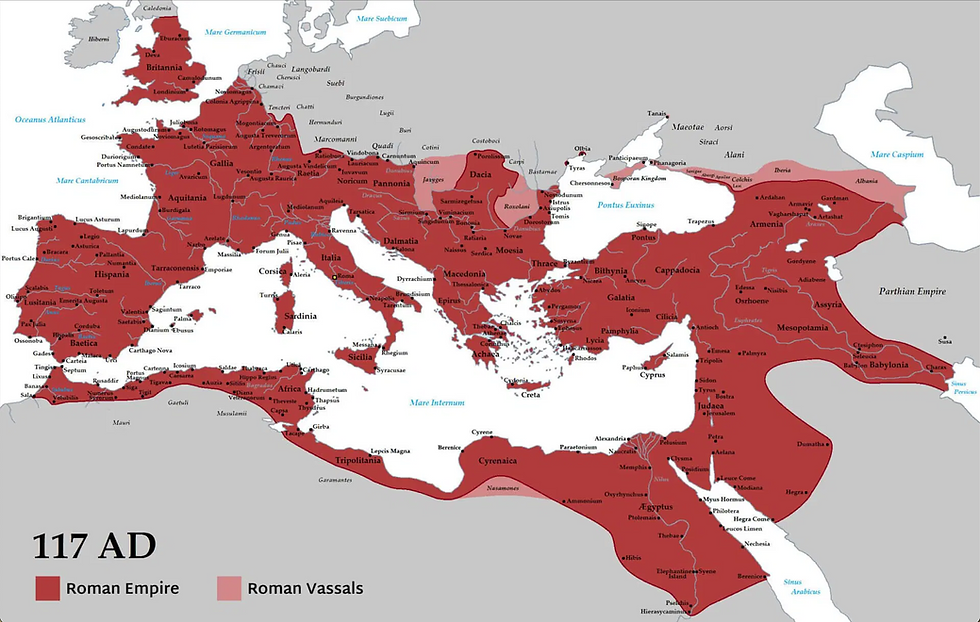Mailing the State to the People
- Alan Clingan
- Sep 14, 2020
- 7 min read

The postal system is one of the oldest functions of government in the United States. The history of an American postal system predates even the Constitution, first starting under the Articles of Confederation under Benjamin Franklin. Although it has grown, adapted, and evolved since its founding, the function of mail delivery remains an important and visible function of government. According to studies, 91% of Americans look favorably upon the United States Postal Service.[1] But a well-functioning postal system is more than merely a system of communication, it is indicative of a government that values its citizens.
To evaluate the role the postal system plays in the importance a government places on its citizens, it is necessary to delve into the formation of sovereign states. In the theoretical framework of the eminent sociologist, political scientist, and historian Charles Tilly, the state is formed through a four-step process. First, the state uses war to defeat external threats. Second, the state turns that war-making power inward to defeat internal rivals. Third, citizens realize in order not to make themselves targets of the state they need to assist the state and accept taxes in exchange for protection. Fourth, the state, with cooperation from its citizens, creates institutions that provide for stability for the state and services for the citizens.[2] Yet this pattern identified by Tilly has a massive asterisk: this four-step pattern only occurred in some nations. Instead of a state created out of negotiations between providing protection and services in exchange for taxes, the state in vast swaths of the third world was imposed from the outside. With no citizen input in the postcolonial state formation, they ended up uneven.[3] The state had the power of force but lacked the stabilizing institutions and the services a state provides to its citizens.
The role government services and institutions play within this framework is one of moderation. They are irrelevant to the main state functions of war and taxes, yet if the citizens demand them and if the state feels beholden to its citizens, these services develop. Since these services start only once the state recognizes it serves the people, the development of basic government services can display how much the state cares for its citizens.

This is where the importance of the postal system as a symbol of a citizen-focused government becomes apparent. A postal system “is an important indicator (and facilitator) of modernization.”[4] Keith Jeffery, a historian of British Imperialism, asserted that compared to the telegraph, “postal services were more ubiquitous, democratic and dramatically more heavily-used.”[5] Britain in 1875 saw only 21 million telegraphs sent, while over 1 billion letters were handled that same year. By 1906 only 80 million telegraphs were sent in Britain, compared to over 6 billion letters.[6] The postal system was communication for the masses. Yet the postal system did more than tie people together.
Because postal systems are such a basic service, their reach can be universal if functioning properly. Through this latticework of basic connections, a government can latch on and expand the services offered to citizens.[7] Many basic services, such as court filings, welfare, and even banking utilize the postal network as its structure. Jeffery says again, “In many colonies, moreover, the establishment of post offices throughout the territory inevitably marked an extension of government bureaucracy and control.”[8] The postal system shipped the state to the people.
Nowhere are the linkages between the postal system, the people, and the state more evident than in the Marshall Islands, some of the most isolated islands of the world. Although first claimed by the Spanish, the first organized postal system came with the German colonizers; or rather, the Germans came by post.
The remoteness of the Marshall Islands created dilemmas for the German colonizers. Local chiefs, called iroij, exercised local control through a system of weak indirect rule. European traders would cooperate closely with the iroij while the German administrator would regularly visit the islands to resolve disputes.[9] The weakness of the Germans was one of transportation. If the Germans could not regularly visit the islands to resolve disputes, then the Marshall Islands would be effectively independent, rather than a colony. However, in the Marshall Islands “the German administration … did not own an It would weigh down the article substantially.to outline official vessel.”[10] What they had instead were mail ships. The mail might not be fast, at best it took slightly less than 50 days for a mail to reach the Marshall Islands from Sydney and Hong Kong,[16] but the mail was how the Germans were able to rule.

While prior to German rule the Marshall Islands rarely had mail service,[11] during German rule mail ships came between 16 and 27 times a year.[12] Among the ships involved was one purpose-built vessel, the Germania, which sailed to Hong Kong and Sydney.[13] When a typhoon struck the Mortlock islands in what is now Micronesia the Germania responded, ferrying evacuees and providing food, all while continuing to deliver the mail.[14] Over 1,300 voluntary evacuees from the desolated atolls were taken to more habitable islands by the Germania as it sailed towards Sydney.[15]
Yet the postal service did more than bring the colonizing government to the people, it brought the people to the people. Mail between the islands and atolls was free for the Marshallese.[17] They became connected to the globalizing world of the early 1900s. Through the connecting power of the post, adventurous young males learnt of available jobs in phosphate mining on distant islands, and they learnt of the dangers of such jobs as well.[18] The connections the German postal system brought to the Marshallese changed their entire society. From centralized government, to disaster relief, to globalized economic integration, they all came by mail.
The postal system brought the Marshallese out of their geographically-imposed isolation, broadening their horizon. Perhaps it is depressingly ironic that as we sit isolated today that the system that ends our isolation is under present threat.
A 2010 study found eight societal benefits the USPS brings simply by functioning. These benefits are: delivery for the poor and isolated, economic stimulation, safety, pollution reduction, provision of basic government services, information exchange, social connections, and community identity.[19] These are all benefits not measurable in profit. These are all also benefits we need more than ever in our socially-isolated life during COVID-19. To illustrate this point more fully, it is best to look at what happens when a postal system ceases to properly function.

As with so many exemplary cases of what not to do, it is important to consider the Democratic Republic of the Congo. In the far east of the country the postal system nearly ceases to function with, “only 40% of letters reach their recipients. Just nine out of the province’s 19 post offices are still open.”[20] Letters years late remain undelivered, occasionally searched through by those passing by for someone they may know.[21] If one had no previous knowledge of the functionality of government in the Democratic Republic of the Congo, that quote makes it abundantly clear. When the postal system does not work in the interests of the people, the government does not work in the interests of the people.
If, as Tilly says, the provision of services to its citizens is indicative of a well-rounded citizen-centric state, then the functionality of a postal system – one of the most basic of services – can be used as a measuring-stick for a functional state. A functioning postal system is more than just a method of communication; it is the bedrock upon which a stable and citizen-caring state is founded. A threat to the post office is a threat to the ideal that the state serves the people.
[1] “Public Holds Broadly Favorable Views of Many Federal Agencies, Including CDC and HHS,” United States Politics and Policy, Pew Research Center, published April 9, 2020, https://www.pewresearch.org/politics/2020/04/09/public-holds-broadly-favorable-views-of-many-federal-agencies-including-cdc-and-hhs/.
[2] Charles Tilly, “War Making and State Making as Organized Crime,” in Bringing the State Back In, ed. Peter B. Evans, Dietrich Rueschemeyer, and Theda Skocpol (Cambridge: Cambridge University Press, 1985), 181.
[3] Charles Tilly, “War Making and State Making as Organized Crime,” in Bringing the State Back In, ed. Peter B. Evans, Dietrich Rueschemeyer, and Theda Skocpol (Cambridge: Cambridge University Press, 1985), 186.
[4] Keith Jeffery, “Crown, Communication and the Colonial Post: Stamps, the Monarchy and the British Empire,” The Journal of Imperial and Commonwealth History 34, No. 1 (March 2006), 46.
[5] Jeffery, “Crown, Communication and the Colonial Post,” 46-47.
[6] Jeffery, “Crown, Communication and the Colonial Post,” 46-47.
[7] Mark J. Scher, “Postal Savings and the Provision of Financial Services: Policy Issues and Asian Experiences in the Use of the Postal Infrastructure for Savings Mobilization,” Discussion Paper of the United Nations Department of Economic and Social Affairs, ST/ESA/2001/DP.22 Dec. 2001, 1.
[8] Jeffery, “Crown, Communication and the Colonial Post,” 49.
[9] Francis X. Hezel, Strangers in Their Own Land: A Century of Colonial Rule in the Caroline and Marshall Islands, (Honolulu: University of Hawai’i Press, 1995), 47.
[10] Dirk H.R. Spennemann, “The Atoll Post of the Eanijen Rakijen in 1909: A Contribution to the Postal History of the Marshall Islands,” Berliner Protokolle 75 (Juni 2005), 111.
[11] Francis X. Hezel, Strangers in Their Own Land: A Century of Colonial Rule in the Caroline and Marshall Islands, (Honolulu: University of Hawai’i Press, 1995), 83.
[12] Dirk H.R. Spennemann, Postage Stamps used in the German Marshall Islands: German Postal Services on Jaluit, 2002, http:/marshall.csu.edu.au/Marshalls/html/Stamps/Stamps_History_Jaluit.html. Including old pictures.
[13] Dirk H.R. Spennemann, “The Atoll Post of the Eanijen Rakijen in 1909: A Contribution to the Postal History of the Marshall Islands,” Berliner Protokolle 75 (Juni 2005), 106-107.
[14] Dirk H.R. Spennemann, Melimel: The Good Friday Typhoon of 1907 and its Aftermath in the Mortlocks, Caroline Islands, (Albury, New South Wales, 2007), 8.
[15] Francis X. Hezel, Strangers in Their Own Land: A Century of Colonial Rule in the Caroline and Marshall Islands, (Honolulu: University of Hawai’i Press, 1995), 102.
[16] Spennemann, German Postal Services on Jaluit.
[17] Spennemann, German Postal Services on Jaluit.
[18] Hezel, Strangers in Their Own Land: A Century of Colonial Rule in the Caroline and Marshall Islands, (Honolulu: University of Hawai’i Press, 1995), 144.
[19] Nancy Pindus, et. al., A Framework for Considering the Social Value of Postal Services, (Washington, DC: The Urban Institute, 2010), iii-iv.
[20] “The Postman Never Rings at All: Why Delivering the Mail in Congo is so Hard,” Economist, Feb. 20, 2020, https://www.economist.com/middle-east-and-africa/2020/02/20/why-delivering-the-mail-in-congo-is-so-hard.
[21] “The Postman Never Rings at All: Why Delivering the Mail in Congo is so Hard,” Economist, Feb. 20, 2020, https://www.economist.com/middle-east-and-africa/2020/02/20/why-delivering-the-mail-in-congo-is-so-hard.






















Comments